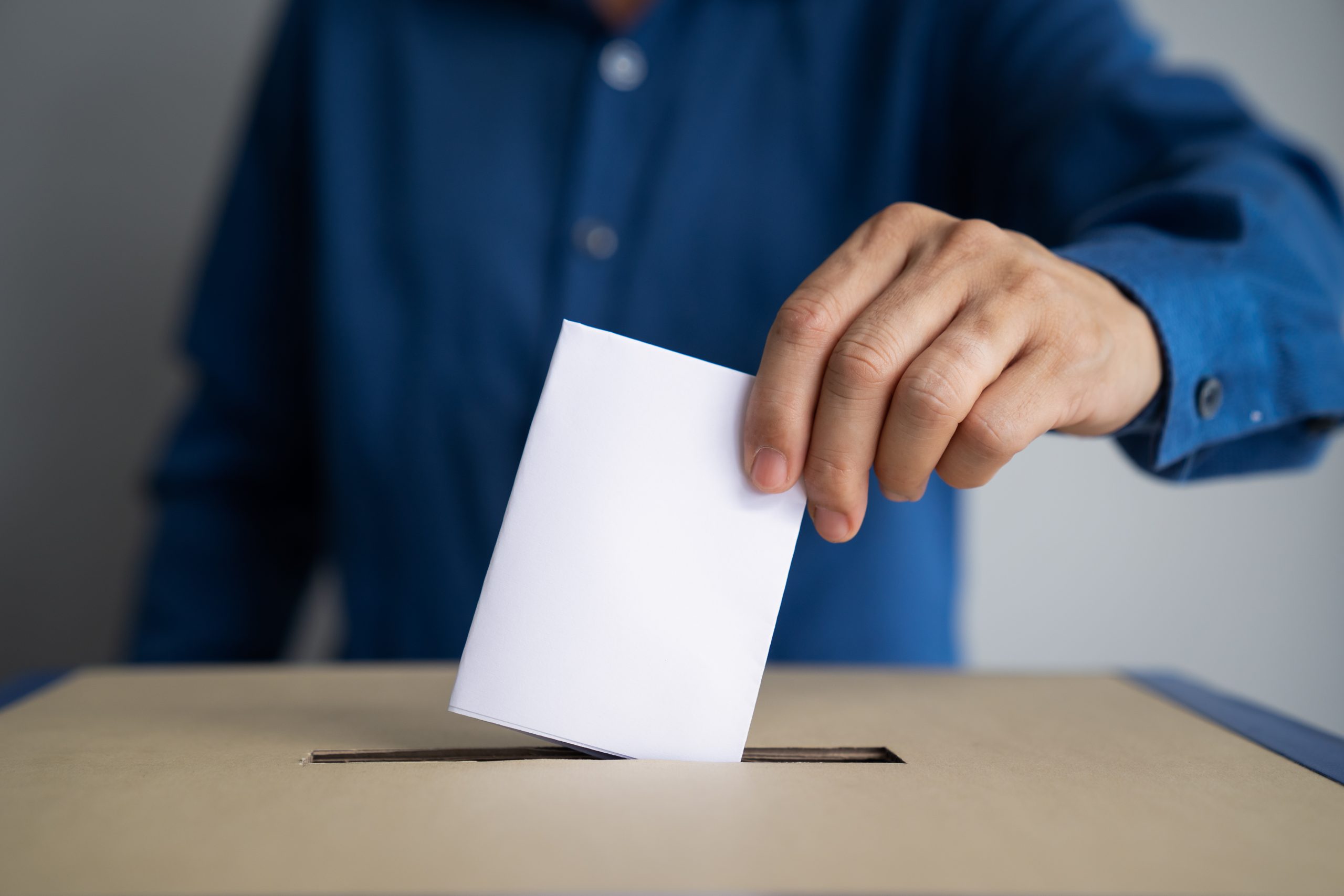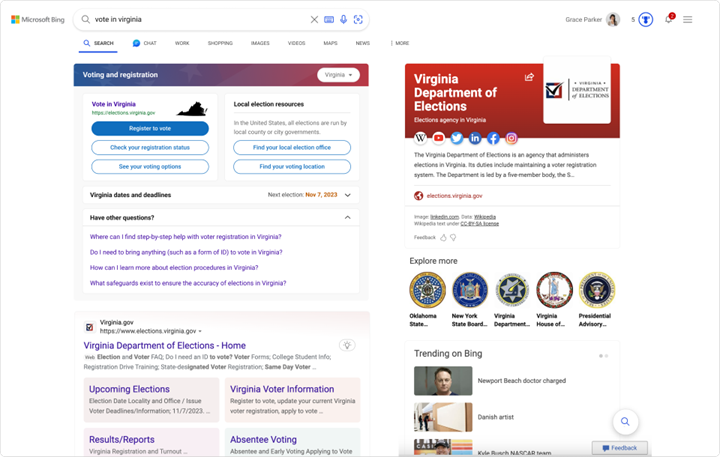Over the next 14 months, more than two billion people around the world will have the opportunity to vote in nationwide elections. From India to the European Union, to the United Kingdom and United States, the world’s democracies will be shaped by citizens exercising one of their most fundamental rights. But while voters exercise this right, another force is also at work to influence and possibly interfere with the outcomes of these consequential contests.
As detailed in a new threat intelligence assessment published today by Microsoft’s Threat Analysis Center (MTAC), the next year may bring unprecedented challenges for the protection of elections. As described in this report, “Protecting Election 2024 from Foreign Malign Influence,” the world in 2024 may see multiple authoritarian nation states seek to interfere in electoral processes. And they may combine traditional techniques with AI and other new technologies to threaten the integrity of electoral systems.
Given the technology-based nature of the threats involved, it’s important for governments, technology companies, the business community, and civil society to adopt new initiatives, including by building on each other’s work. That’s why today we are announcing five new steps to protect electoral processes in the United States and other countries where critical elections will take place in 2024.
We are grounding Microsoft’s Election Protection Commitments in a set of principles to help safeguard voters, candidates and campaigns, and election authorities worldwide. These principles are:
- Voters have a right to transparent and authoritative information regarding elections.
- Candidates should be able to assert when content originates from their campaign and have recourse when their likeness or content is distorted by AI for the purpose of deceiving the public during the course of an election.
- Political campaigns should protect themselves from cyber threats and be able to navigate AI with access to affordable and easily deployed tools, trainings, and support.
- Election authorities should be able to ensure a secure and resilient election process and have access to tools and services that enable this process.
Staying ahead and responding to threats against voters, candidates, political campaigns, and election authorities will require a combination of steps, including a range of tools and tactics.
First, Microsoft will help candidates and campaigns maintain greater control over their content and likeness by launching Content Credentials as a Service. This new tool enables users to digitally sign and authenticate media using the Coalition for Content Provenance and Authenticity’s (C2PA) digital watermarking credentials, a set of metadata that encode details about the content’s provenance using cryptography. Users can attach Content Credentials to their images or videos to show how, when, and by whom the content was created or edited, including if it was generated by AI. These credentials become part of the content’s history and travel with it, creating a permanent record and context wherever it’s published. When a user encounters an image or video that contains Content Credentials, they can learn about its creator and origin by clicking on an embedded pin that reveals the asset’s history.
These watermarking credentials empower an individual or organization to assert that an image or video came from them while protecting against tampering by showing if content was altered after its credentials were created. Built by Azure engineering, this service will launch in the spring as a private preview, which will first be made available to political campaigns.
Second, Microsoft will help political campaigns navigate cybersecurity challenges and the new world of AI by deploying a newly formed “Campaign Success Team” within Microsoft Philanthropies’ Tech for Social Impact organization. This team will advise and support campaigns as they navigate the world of AI, combat the spread of cyber influence campaigns, and protect the authenticity of their own content and images. The Campaign Success Team will also continue to promote existing cyber protection programs such as M365 for Campaigns and AccountGuard.
Third, Microsoft will create and provide access to a new “Election Communications Hub” to support democratic governments around the world as they build secure and resilient election processes. This hub will provide election authorities with access to Microsoft security and support teams in the days and weeks leading up to their election, allowing them to reach out and get swift support if they run into any major security challenges. This new offering builds on existing security programs such as the Azure for Elections offering available to state and local election agencies and their partners in the U.S.
Fourth, we will use our voice as a company to support legislative and legal changes that will add to the protection of campaigns and electoral processes from deepfakes and other harmful uses of new technologies. We’re starting today by endorsing in the United States the bi-partisan bill “Protect Elections from Deceptive AI Act” introduced by Senators Klobuchar, Collins, Hawley, and Coons. This important piece of legislation prohibits the use of artificial intelligence to generate materially deceptive content falsely depicting federal candidates in political ads to influence federal elections, with important exceptions for parody, satire, and the use of AI-generated content by newsrooms.
Fifth, Microsoft will empower voters with authoritative election information on Bing. We will do this in partnership with organizations that provide information on authoritative sources, ensuring that queries about election administration will surface reputable sites. Bing will join forces with the National Association of State Election Directors (NASED), leading Spanish news agency EFE, and Reporters Without Borders to proactively promote trusted sources of news around the world. These partnerships build on existing collaborations such as with NewsGuard and ClaimReview. Microsoft will also publish regular reports on foreign malign influence researched and reported by the company’s MTAC team. The first report, “Protecting Election 2024 from Foreign Malign Influence” is being released today, providing a baseline for the upcoming election season, including reflections on previous election influence efforts as we set the stage for the year ahead.
No one person, institution, or company can guarantee elections are free and fair. But, by stepping up and working together, we can make meaningful progress in protecting everyone’s right to free and fair elections.


